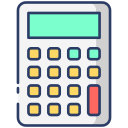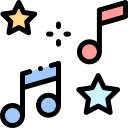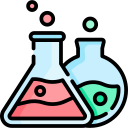Curriculum Overview (Test) (Duplicated)
Designing our Curriculum
Our entire curriculum is driven by our vision and purpose which is underpinned by our five core beliefs and values. By combining our knowledge and expertise of how children learn best with our agreed design principles we have built an exceptional and bespoke curriculum. Our curriculum is ambitious and inclusive for every pupil.
We believe that children learn best when:
- Learning is active, collaborative and cognitive
- Learning is practised and consolidated it leads to fluency and secure understanding.
- Explicit vocabulary teaching is central to all subjects and strong language skills underpin all learning
- Questions are asked and learning is explored, we believe this develops curious minds and critical thinkers.
- Learning contexts are immersive and fun, we believe in learning that is engaging, enjoyable and leads to learning that is remembered.
- The curriculum and sequences of lessons are planned to be progressive and build upon knowledge – supporting the layering of new knowledge on secure foundations.
- The integrity of different subjects and the associated skills are defined so pupils understand what it is to be a historian, an artist, a geographer…
- Learning can be interconnected and meaning drawn across subjects enabling pupils to make sense of the world around them and their experiences.
- They are given opportunities to imagine and innovate as this leads to deeper learning and allows for knowledge to be transferred to a range of contexts.
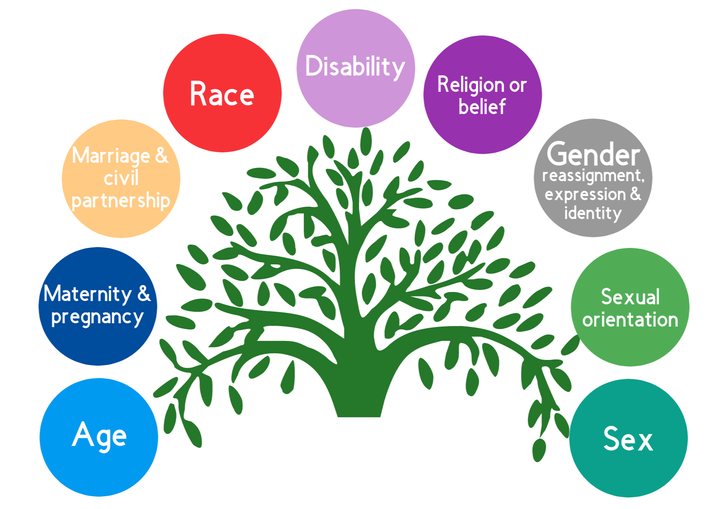
Seven key design principles:
Creative
Immersive
Collaborative
Enquiry-Led
Relevant
Linked
Memorable
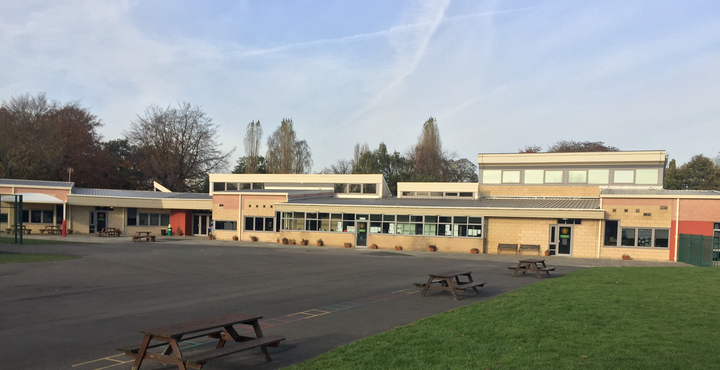
We design all lessons and curriculum plans using these principles. Our curriculum design purpose is our practice.

We are committed to the most effective organisation and layering of all these with our agreed design principles.
As we want our children to develop into well-rounded citizens with a range of strong character traits and to have learnt through a well thought-through and progressive experience. We have designed and built our curriculum to reflect these. We believe that by promoting a culture of achievement together with a positive school experience, our pupils will become well-rounded, empowered citizens. We believe they will be equipped with the knowledge, skills and values they need to embrace the opportunities and challenges they encounter.
The interconnection between subject knowledge and skills with the softer skills of collaboration, resilience, creativity and a positive/active mind-set is at the core of our curriculum design. We want our pupils to be able to work together, think critically and flexibly, stay strong and care about themselves and others. Our curriculum is broad and our commitment to encouraging creativity as well as academic achievement and mastery is resolute.
Aspects of our bespoke curriculum allow pupils to make deep connections between learning and understand the world they live in. We believe this will lead our pupils to connect taught knowledge and skills with actions and purpose.
How we have organised our Curriculum
At Heyes Lane Primary School we teach the Early Years Foundation Stage and National Curriculum plus our own bespoke strands. We have designed our curriculum specifically to the needs of our school and pupils. The organisation of our curriculum is built upon balancing the need for excellent core skills in Reading, Writing, Maths and Computing with personal development and foundation subjects. All aspects have been carefully woven together and interconnected to ensure that the curriculum received by the pupils every day is holistic, coherent and well thought through.
Core Subjects
We are ambitious for all our pupils. We want them to achieve a high standard in core skills in Reading, Writing, Maths and Computing as we believe these underpin successful learners. Dedicated time is given to core skills within the mornings. Reading and Writing is embedded within themed contexts, where quality texts are used to teach reading and writing as well as to deepen pupil’s understanding of different subjects (e.g. Geography, History etc.).
Our Maths lessons are often discrete, with an emphasis on the progression from new concepts, through fluency to mastery and greater depth. We understand the cross-curricular competencies that children need to be successful and life-long learners in any discipline or subject therefore expect our pupils to apply their skills in core subjects across the wider curriculum, notably in their Thematic learning.

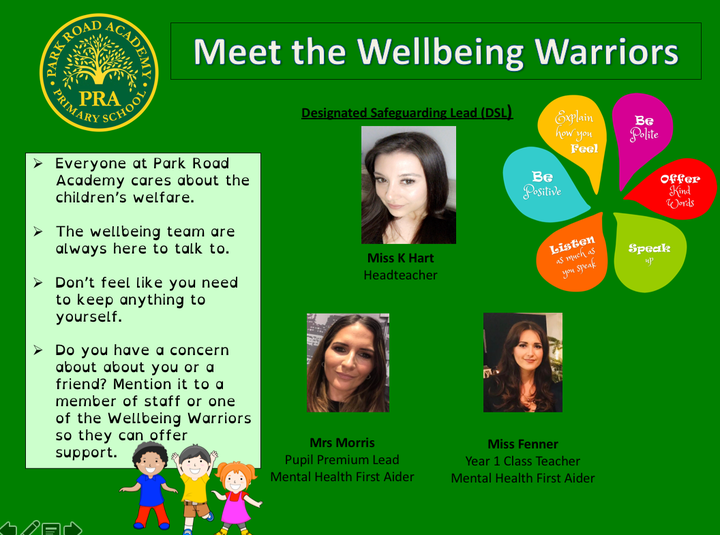
Themes
Aspects of curriculum learning at Heyes Lane are organised into Themes. We intend that our pupils learn about themselves, others and how the world works through our cohesive and highly integrated units of learning.
We believe this integration allows for deeper learning and connections to be made between subjects. This helps pupils to make sense of their experience of the world around them. Through the interconnected Themes, pupils can not only acquire the relevant knowledge and skills of the National Curriculum but also to make opportunities to evaluate, compare and synthesis their learning. Themes will draw on different areas of the curriculum to form a cohesive learning experience for the pupils. The integrity of subjects is kept as our pupils are taught to ‘think like a historian’ or become ‘geographers’ in an immersive drama-led context. Our Themes are driven by relevant, current issues that hold the pupils’ interests and passions. These Theme-drivers enable us to provide a dynamic curriculum for today’s learners and to ensure our pupils are having plenty of opportunities to be ethical and active citizens.
The Themes are the overarching mechanisms that provide the driving force behind our beliefs and our seven design principles. The Themes are more than a collection of individual subjects brought together under a collective title. They are carefully crafted to weave together academic knowledge and skills with personal development to create immersive and memorable experiences. Themes are drivers for interpersonal skills and character development – for collaboration, leadership, problem-solving, active and ethical contribution and resilience teaching.
All Themes lead to an outcome. This gives the pupils the opportunity to be active and contribute in a real and relevant context. Outcomes require the pupils to be collaborative and to work creatively and critically to apply skills and solve problems. Some of the outcomes are tangible; taking part in an Ancient Olympic Games, persuading parents to stop buying palm oil products, opening a Healthy café for parents or running a NASA convention!
Themes have Big Questions to support pupils’ integrated learning and to foster critical thinking questions. Exploration through the Themes is enquiry led and these questions can be subject led or developing pupil’s spiritual, moral social and cultural development.
Our English lessons are linked to our Themes. Quality texts are used to teach Reading and Writing and are carefully chosen to support the acquisition of subject knowledge across the curriculum as well as to develop the core reading, writing and speaking skills
Immersive drama and narratives are often a feature of Themes planning. Teachers use the Mantle of the Expert approach to create meaningful and exciting contexts for children to learn within. Here, teachers plan a fictional context and the pupils take on the responsibilities of an expert team to solve the tasks and dilemmas of the fictional context. Children learn in role as explorers, doctors, climate change leaders and so on. The collaboration, problem-solving and sheer enjoyment and engagement gained through this approach is an important feature of our Themes curriculum.
Threads
The cohesiveness of the Themes is also enhanced through the use of our bespoke Threads. These threads play an integral part in progression, connection and integration.
We see our curriculum as more than just subjects. A key component is the weaving together of knowledge, skills and understanding into cohesive and meaningful learning experiences that pupils can make connections through and understand the world they live in. Threads help to connect learning and teachers continually use them in a creative and ever-changing way. Turning Points may be used as a focal point for a History narrative, an Art project or a personal development goal. The Spirit may be the spirit within ourselves and our personal development or the Spirit of the Blitz.
Threads have helped us to map our curriculum horizontally and vertically. The Threads work horizontally across subjects within a Year group and vertically up and down Year groups. In this way, the curriculum is designed to connect children’s learning tin a progressive and sequential way. Threads enable us to teach more spiritual, moral, social and cultural aspects of the curriculum.

Subjects



